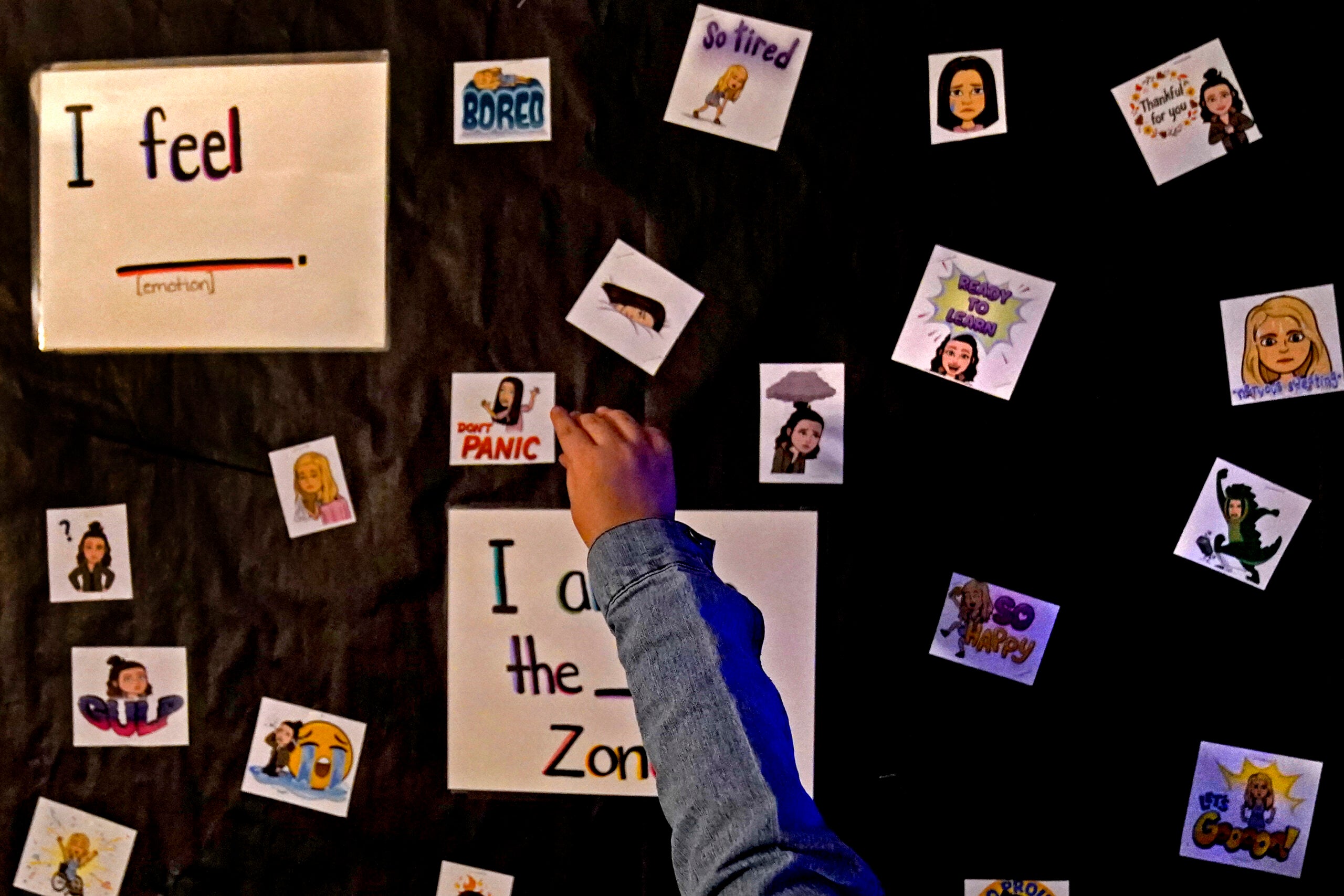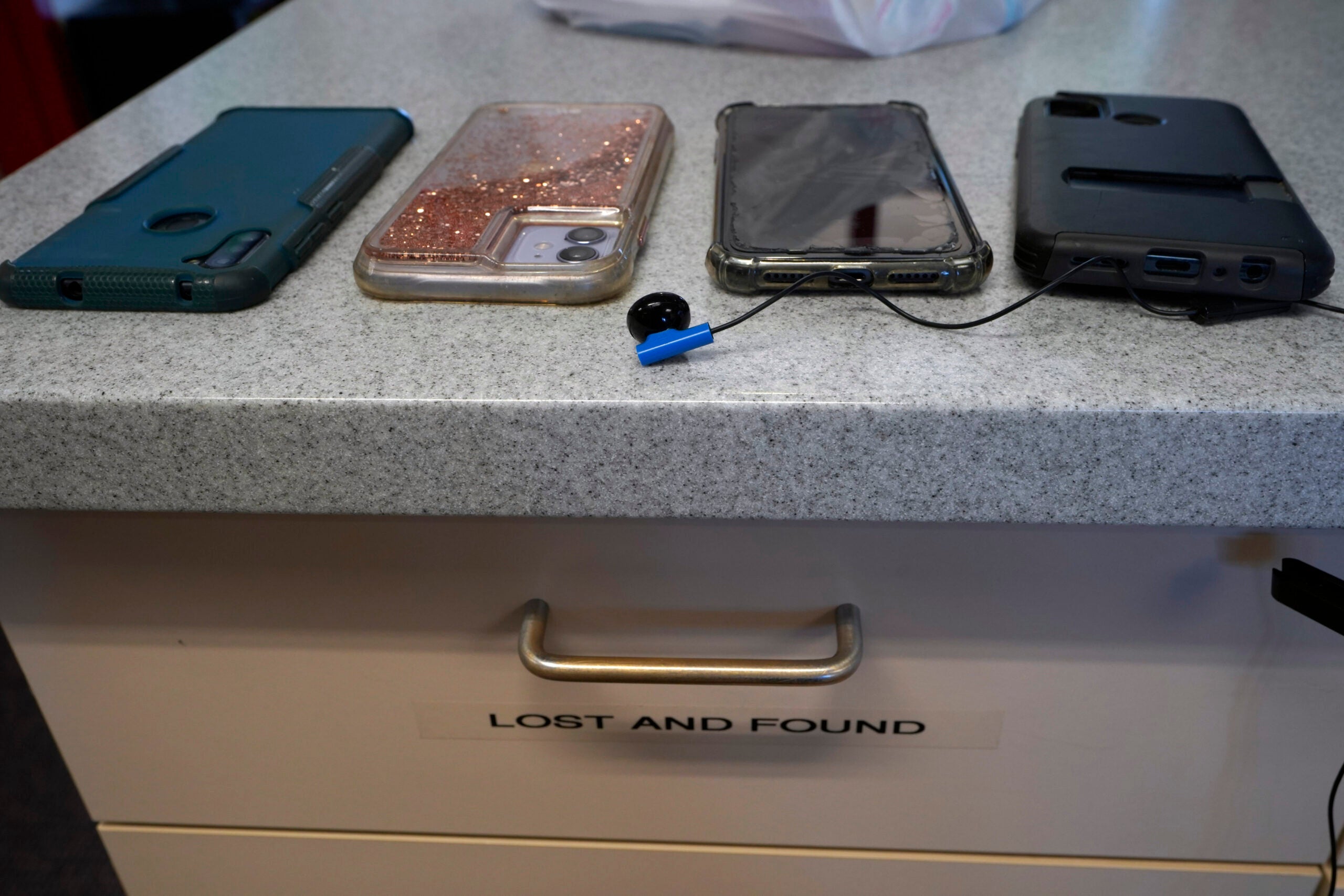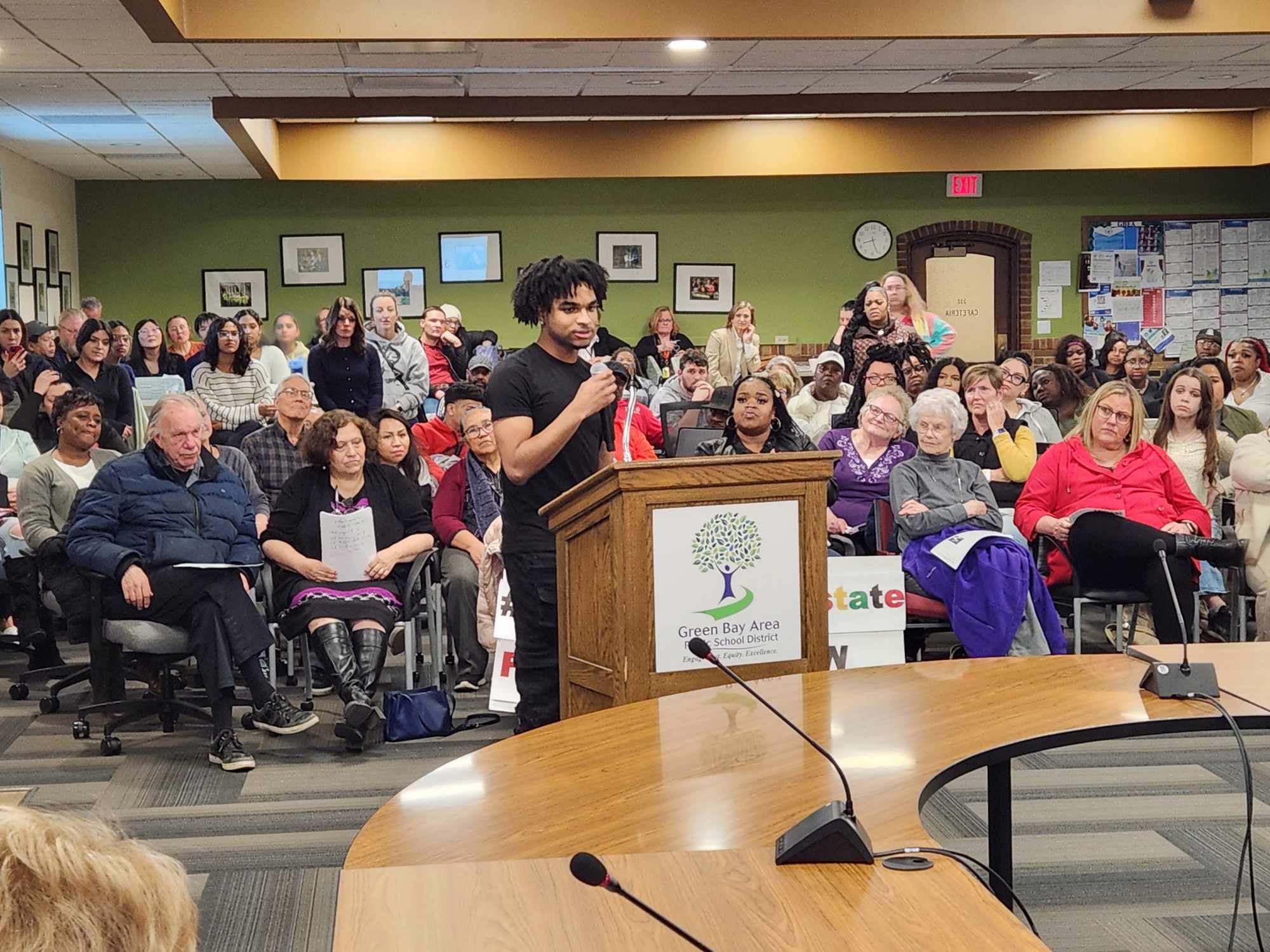Wisconsin Assembly Speaker Robin Vos, R-Rochester, has joined current gubernatorial candidate and former Lt. Gov. Rebecca Kleefisch in attacking the University of Wisconsin-Madison for including references to critical race theory in a training course for graduate students.
In a letter sent Tuesday, Vos demanded answers about a training course called “Graduate and Professional Students Preventing and Responding to Sexual and Relationship Violence.”
The letter states the training discusses how critical race theory and critical race feminism “can help students understand privilege better and ‘how a regime of white supremacy and its subordination of people of color have been created and maintained in America.’”
News with a little more humanity
WPR’s “Wisconsin Today” newsletter keeps you connected to the state you love without feeling overwhelmed. No paywall. No agenda. No corporate filter.
“Students are not only required to take this course and pass with a 100% score in order to enroll in classes but they are also required to agree that whiteness means privilege,” Vos wrote.
In a statement to WPR Tuesday, UW-Madison spokesperson John Lucas said the training makes a brief reference to critical race theory and the concepts mentioned are supported by academic research.
“We will continue to review the webinar, as we do with all of our programs, and make any appropriate changes for Spring 2022,” said Lucas. “Graduate and professional students are encouraged to share any questions or concerns about the program or their participation with University Health Services Violence Prevention.”
Kleefisch was the first prominent Republican to call out the university for including references to critical race theory in required training. In a Facebook video posted Oct. 12, Kleefisch said she found out about it from a “whistleblower” at the university.
“Friends, we shouldn’t be teaching people to feel bad about things they can’t change,” said Kleefisch. “We shouldn’t be teaching students to judge people primarily by what they look like and we shouldn’t be teaching critical race theory, nor making it a condition of enrollment at a taxpayer funded university.”
Mordecai Lee is an emeritus professor of urban planning at UW-Milwaukee and a former Democratic state lawmaker. He told WPR within the past year, Republicans have turned critical race theory from an obscure academic concept into a political winner for themselves.
“Republicans are just fabulous at campaigns and fabulous at wedge issues,” said Lee. “In other words, out of thin air, all of a sudden they’re mobilizing the grassroots based on CRT, and now they’re calling it parents’ rights. And it’s effective. It has traction with people, and Democrats just don’t seem to be able to handle it.”
Lee said UW-Madison teaching about diversity and tolerance isn’t intimidating and people should remember Wisconsin’s embarrassing history as it relates Black suffrage.
According to a 2012 Wisconsin Historical Society article in the Wisconsin State Journal, Wisconsin held a referendum on whether to allow Black residents to vote in November 1849, more than a decade before the start of the Civil War. While a majority of voters approved suffrage by a vote of 5,625 to 4,075, it didn’t represent a majority of all votes cast on all questions.
“Local officials, in a move worthy of later Jim Crow laws, used this excuse to deny African Americans who tried to register to vote,” said the article.
It wasn’t until a formerly enslaved man named Ezekiel Gillespie, living in Milwaukee, sued the city for violating his civil rights in 1865 that the Wisconsin Supreme Court ruled the previous referendum had given Black residents the right to vote.
Racial issues have always found their way into politics, said Lee, but it’s become a “zero-sum relationship” where some believe gains made by Black people are seen as a “loss to the detriment of whites.”
Moreover, said Lee, the pitch of political rhetoric in Wisconsin and across the country is “automatically set at 11.”
“Whether it’s about this exchange on CRT and diversity training or anything else,” said Lee, “I think it shows us how much we’ve lost in Wisconsin politics — and that’s the idea of compromise.”
Wisconsin Public Radio, © Copyright 2026, Board of Regents of the University of Wisconsin System and Wisconsin Educational Communications Board.







